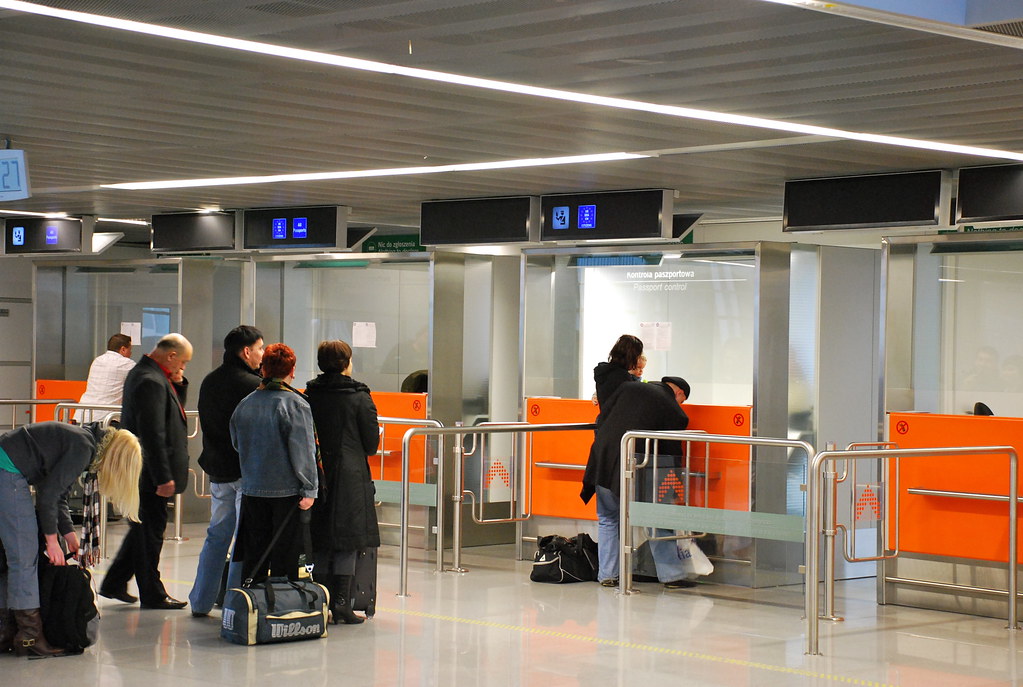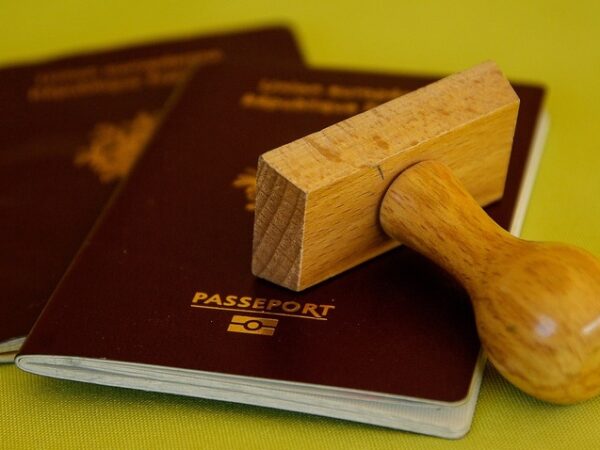It is impossible to give a definitive answer as to which European country is the best for expats and for a very simple reason: it depends on the expatriate’s personal preferences, needs and desires. One expat may seek sun, sea and sand, while another might detest hot climates.
A low cost of living may not be reflected in the wages on offer, while countries paying higher salaries will generally have high taxes and expensive day-to-day living costs. Earning high wages is all well and good, but what if taxes, health insurance, cost of living and the price of houses or rental property all but wipe out the sudden huge rise in income?
In recent times there has been a huge upsurge in the number of people working from home over the internet. There has also been a significant increase in the number of so-called digital nomads who now work entirely online from abroad or for companies or as self-employed agents.
Reasons for Moving Abroad
The dictionary defines an “expat” as a person who resides in a country that is not their native home. Though usually associated with those who work in a foreign country, there are many expats who have moved abroad for reasons other than employment.
People find themselves living in a foreign country for a number of reasons, but the most common include the following:
- Wishing to experience a different place and culture
- Desire to learn a foreign language by immersion in that language for a prolonged time
- Employees sent abroad for a defined period of time
- Digital nomads who enjoy the freedom of working in foreign countries
- Retired people who fancy a better climate or style of life
- People relocating to be with family or friends
These are just some valid reasons for becoming an expat but there are many more, including (in recent times) dissatisfaction with the current political or economic climate in one’s native country.
European Top Destinations
On worldwide lists, countries such as the United States, Canada and Australia would feature highly for British expats, not least because English is the spoken language in each of these countries. Limiting the search to European countries, it would seem that language is not a significant barrier to a country’s desirability, and the most commonly sought benefits are weather, employment and the cost of living.
As inflation continues to rise across the globe, some countries are not as inexpensive as they once were, but this does not distract from their appeal.
In terms of popularity, the top European destinations for expats (and not just British expats) are:
Switzerland
Switzerland as a top choice for expats may surprise many, but it really should not, as the country has a lot to offer. Many professional expats choose to live in Switzerland as it is considered extremely safe and amazingly clean, and salaries are high. The average annual salaries for professional employees is around €192,000 (£170,000), and the national healthcare system is considered one of the best in the world.
Throw in stunning scenery, the availability of snow sports and the country’s easy access to Germany, France and Italy, and Switzerland has more than enough in its favour to satisfy most tastes and needs.
Spain
A perennial favourite second home for many, Spain continues to rank highly in popularity among expats. Although the summers can be uncomfortably hot, this is a small price to pay for what amounts to the year-round sun with extremely mild winters.
The public healthcare system is excellent, and workers are rewarded with at least thirty days of paid leave per annum. The working day revolves around the temperature, and most businesses operate a morning and afternoon shift with a two or three-hour siesta break when the sun is at its highest.
Although the language may be a barrier for newcomers, many Spanish people (particularly the young and those involved in the business) are quite fluent in English. Many of the most popular tourist towns also have large expat communities, particularly so for English residents in the country.
Salaries may not be as high as those available elsewhere in Europe, but Spain’s weather and work-life balance more than compensates for this shortcoming.
Cyprus
Perhaps another surprisingly popular expat haven is Cyprus. Popular for decades as a holiday destination, Cyprus enjoys a high standard of living while keeping the cost of living down.
Certainly more expensive now than a decade or so ago, Cyprus still offers good value for most expats and taxation on wages is relatively low. A recent survey of expats in Cyprus showed that 90% were very happy with their situation and would recommend the country to friends and family.
Portugal
Rated one of the most affordable European countries, Portugal is a very popular choice for many British and other international expats. Clean and with a low crime rate (ranked third-safest country in the world), Portugal also boasts a pleasant year-round climate.
Wages are not as high as in other major European countries, but this is balanced by the relatively low cost of rented accommodation which can be as much as 66% cheaper than that of many American cities.
Republic of Ireland
The Republic of Ireland, like the rest of Europe, is currently going through a cost-of-living crisis but still ranks highly as a destination for expats. Over half a million expats currently reside in Ireland, according to government statistics, mainly due to the country’s standing as a headquarters for many of the major tech companies, including Google, Twitter, LinkedIn and Facebook in Dublin and Apple in Cork.
The price of houses and the cost of renting accommodation have both risen in recent years, and rental properties are in short supply. The country has a reasonable taxation structure for those who have their accommodation needs sorted out, and the Irish people are generally very welcoming to strangers.
France
France, and particularly Paris and the coast, has drawn expats in large numbers for decades. Foreign nationals who do not possess even basic French may struggle to settle and fit in, but this is a small problem compared to the advantages of life in France.
Excellent career opportunities, a top-class education system and high wages are available for the right people and the excellent public healthcare system is available to even expats after just three months in the country.
The Netherlands
There is more to the Netherlands (or Holland) than just Amsterdam, windmills and tulips. On average, the working week is a little over thirty hours, with twenty days of paid annual leave. The Dutch value their leisure time, and the country boasts an excellent work-life balance for most of its workers.
Holland has a good telecommunications infrastructure and has become a Mecca for digital nomads and those who can work remotely in the past few years. Regarded as fairly safe with a low crime rate, the Netherlands is a nice blend of old and new. It looks set to increase in popularity with expats due to its location in the very heart of Europe, with most European destinations only a short plane trip away.
Germany
No list of top European countries for expats would be complete without including Germany. The country is home to the highest number of expats in the whole of Europe, mainly due to having a very strong economy and being more accessible than many other European Union member states.
The unemployment rate is relatively low, and jobs are well paid in the main. Couple these facts with a good standard of living and a low crime rate, and it is no surprise to see why Germany remains a favourite destination for migratory foreign nationals.
ETIAS Visa and Other Paperwork
Becoming an expat and living in a foreign country (be it for months, years or forever) is a dream for many people, but it takes planning and, above all, paperwork.
The exact documentary requirements will depend on several factors:
- The nationality of the expat
- The destination country
- The intended length of stay
- Whether the stay is for pleasure, work, study or a combination
- Whether the expat has confirmed work in the destination country
These are just a few of the basic questions that will be asked and need to be answered. Expats holding a European Union passport will find it easier to gain entry to another EU country. In contrast, foreign nationals from countries outside of Europe will probably require some form of Schengen Visa before being permitted entry to any EU country, including Switzerland, which is not a member of the European Union.
A Schengen Visa will likely be required for non-European nationals who wish to experience life in Europe. This involves a lot of form-filling, collecting numerous supporting documents and attending a personal interview at the embassy or consulate of the destination country.
Another obstacle to overcome is the ongoing introduction of the EU ETIAS programme. ETIAS stands for European Travel Information and Authorisation System and is a form of digital visa linked to a passport. An ETIAS is obtained by answering a series of personal, security and health-related questions on an online questionnaire. This is a way of pre-screening intending visitors to Europe to assess whether they pose a criminal, terrorist or health threat to the European area.




